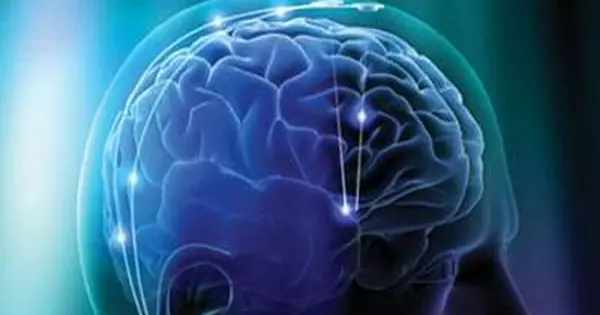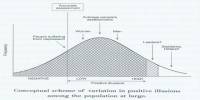Music has been shown to have a number of positive effects on cognitive function and may aid in the prevention of cognitive decline. Progressive cognitive decline is associated with normal aging. Can we, however, train our brain to postpone this process? A team of researchers from the University of Geneva (UNIGE), HES-SO Geneva, and EPFL discovered that practicing and listening to music can slow cognitive decline in healthy seniors by increasing grey matter production.
The researchers followed over 100 retired people who had never played music before to achieve these results. For six months, they were enrolled in piano and music awareness classes. These findings open up new avenues for promoting healthy aging. They were published in NeuroImage: Reports.
Our brain constantly remodels itself throughout our lives. Brain morphology and connections change in response to our environment and experiences, such as when we learn new skills or recover from a stroke. This ”brain plasticity”, however, diminishes as we age. The brain also loses grey matter, which contains our valuable neurons. ”Brain atrophy” is the term for this.
We wanted people whose brains did not yet show any traces of plasticity linked to musical learning. Indeed, even a brief learning experience in the course of one’s life can leave imprints on the brain, which would have biased our results.
Damien Marie
Cognitive decline appears gradually. Working memory, which is at the heart of many cognitive processes, is one of the most harmed cognitive functions. Working memory is defined as the process by which we temporarily retain and manipulate information to accomplish a goal, such as remembering a phone number long enough to write it down or translating a sentence from a foreign language.
A study led by the UNIGE, HES-SO Geneva, and EPFL revealed that music practice and active listening could prevent working memory decline. Such activities promoted brain plasticity, they were associated with grey matter volume increase. Positive impacts have also been measured on working memory. This study was conducted among 132 healthy retirees from 62 to 78 years of age. One of the conditions for participation was that they had not taken any music lessons for more than six months in their lives.

Practicing music vs. listening to music
”We wanted people whose brains did not yet show any traces of plasticity linked to musical learning. Indeed, even a brief learning experience in the course of one’s life can leave imprints on the brain, which would have biased our results”, explains Damien Marie, first author of the study, a research associate at the CIBM Center for Biomedical Imaging, the Faculty of Medicine and the Interfaculty Center for Affective Sciences (CISA) of UNIGE, as well as at the Geneva School of Health Sciences.
Regardless of their motivation to play an instrument, the participants were randomly assigned to one of two groups. The second group received active listening lessons that focused on instrument recognition and musical property analysis in a variety of musical styles. The classes were one hour long. Participants in both groups were required to complete half an hour of homework per day.
Positive effects on both groups
”After six months, we discovered that both interventions had similar effects. In all participants, neuroimaging revealed an increase in grey matter in four brain regions involved in high-level cognitive functioning, including cerebellum areas involved in working memory. Their performance improved by 6%, which was directly related to cerebellum plasticity,” says Clara James, the study’s last author, a privat-docent at UNIGE’s Faculty of Psychology and Educational Sciences and full professor at the Geneva School of Health Sciences. The scientists also discovered that the amount of daily training, the number of lessons completed over the course of the intervention, and the quality of sleep all had a positive impact on the degree of improvement in performance.
However, the researchers discovered a distinction between the two groups. The volume of grey matter in the right primary auditory cortex – a key region for sound processing – remained stable in the pianists but decreased in the active listening group. ”In addition, all participants had a global brain pattern of atrophy. As a result, we cannot conclude that musical interventions refresh the brain. They only slow down the aging process in specific areas,” says Damien Marie.
















